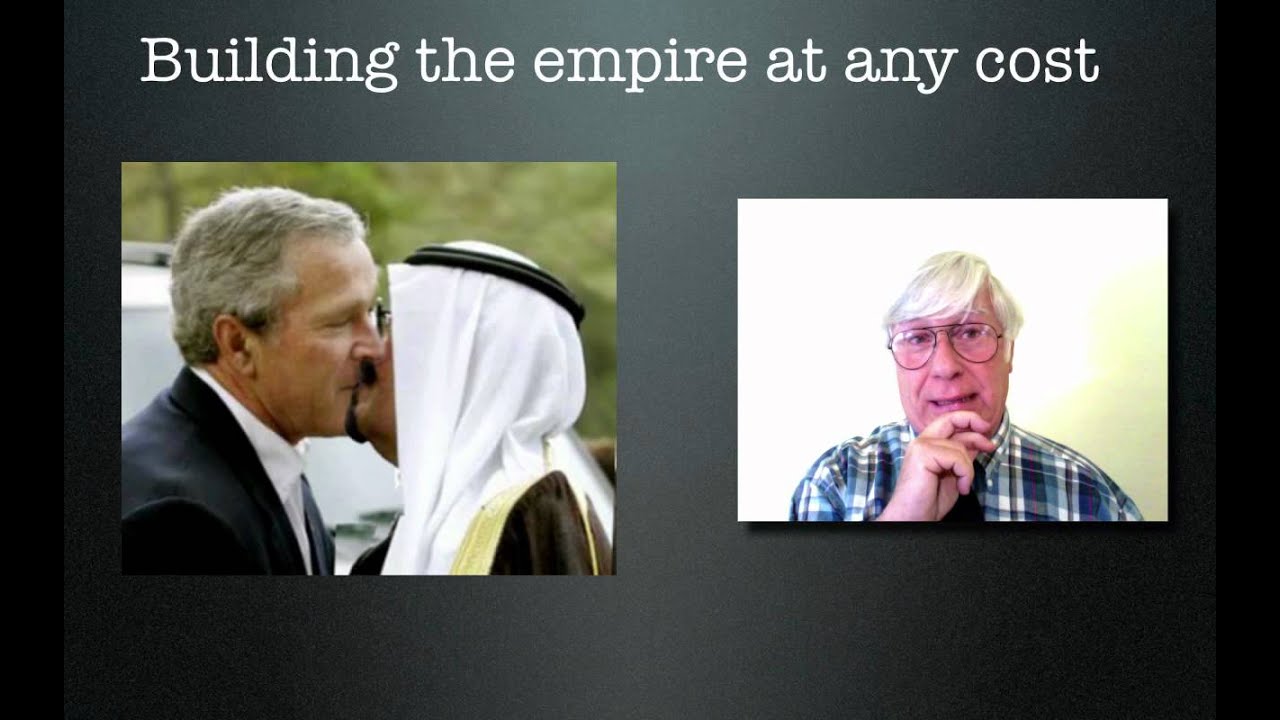~50+% of “Christians” (I daresay I would expand this to include “‘religious’ people in general”, but that is stepping outside of my own experience so I won’t) these days, in the West, actually grow up completely secular. My family I grew up with is allegedly Presbyterian. Do we ever go to Church? Is “God” ever even mentioned in our household? No. And this is an allegedly “Christian” family.
Western hegemonic Christendom is gone in both traditionally Catholic and traditionally Protestant societies in Europe and the New World. I question if the authors of this article understand that fact, understand its extreme relevance to the social studies they are participating in, or even understand what Christendom was at its zenith, and why being raised “Christian” today is not the same thing as being raised “Christian” even 40 years ago. Indeed the very nature of what people consider “Christian” has changed so much in the last 100 years that I most people now operate with completely anachronistic ideas about Christianity and what it is to be a Christian.
The doctrinal framework of much of mainstream Western Christianity (or as I call it: “media Christianity”) has been replaced with various secular socio-political values originating in politics: leftist, right, liberal, conservative, etc. The so-called “Religious Right” in America is a testament to this phenomena. Couple this with the disruption and uprooting of traditional social structures associated with High Christendom and we have a post-Christian society where post-Christianity, mistaken for Christianity in-line with what has traditionally been practiced, is the norm, not Christianity.
What passes for Christianity today, in the West, in my experience, is largely contemporary political rhetoric utterly unrelated to former Christian discourses. This is what happens when a religion is in decline in a society. Perhaps Christianity will have a renaissance. Perhaps it wont. Buddhism has been in severe decline enough times, and yet it is still here.
Without tests, verifications, to see what extent any actual religious tradition, Christianity or not, was actually practiced in any of these households, I don’t see how this study can claim the results it allegedly claims.
Similarly, how does one get to define what is “actually religious”? That is a very important point for studies like this. Saying grace before meals? Does that make one a Christian? What is actually being said at a given grace? Is it a Christian grace or does the father say something incoherent about Jesus being a Republican*? Is saying you are religious the same thing as being religious? Is thinking you practice Buddhism the same thing as practicing Buddhism? Food for thought.
*this actually happens!
 ). But my friends and family, knowing me, knowing who I am and what I am, being some of my closest companions, and I believe, loving me, will think one of their most important priorities is informing me I’m going to hell because I don’t believe what they do - and I think that’s a problem. And Buddhists are not immune to this kind of self-righteous thinking!
). But my friends and family, knowing me, knowing who I am and what I am, being some of my closest companions, and I believe, loving me, will think one of their most important priorities is informing me I’m going to hell because I don’t believe what they do - and I think that’s a problem. And Buddhists are not immune to this kind of self-righteous thinking!

